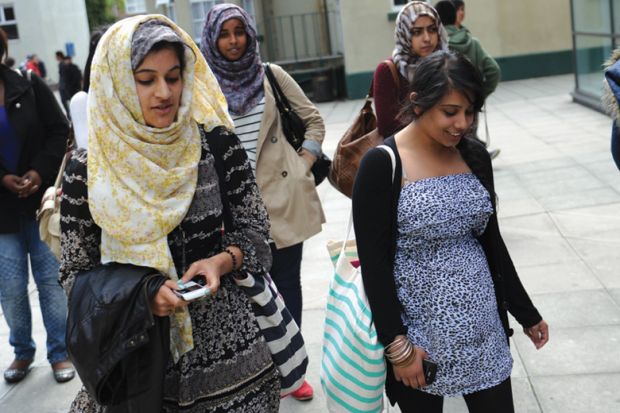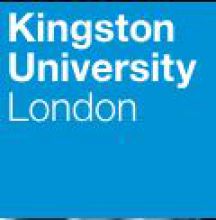University leaders are staying silent on “counterproductive” anti-extremism measures introduced by the government for fear of personal reprisals, according to one vice-chancellor.
Julius Weinberg, vice-chancellor of Kingston University, told an audience at the University and College Union congress in Liverpool, held from 1 to 3 June, that university chiefs are “under a lot of pressure” not to criticise new Prevent duties, which he worried might inhibit free speech via self-censorship within institutions.
“Vice-chancellors are largely a liberal bunch, but they are under a lot of pressure,” Professor Weinberg said on 2 June when asked why so few university leaders had spoken out forcefully against the controversial new rules.
Professor Weinberg said the involvement of any Kingston graduate in a terrorist incident would leave him exposed to media attacks as a Prevent critic.
“With 50 per cent of students coming from a black and ethnic minority background, there is a chance that a Kingston graduate does something daft,” he said, adding: “If that happens, I know exactly what the Daily Mail will say.”
Professor Weinberg, who attracted controversy while vice-chancellor of City University London for closing its Muslim prayer room, said that he had “deliberately invited” former Guantanamo Bay detainee Moazzam Begg – outreach director of the controversial Muslim rights group Cage – to take part in a Kingston debate because he believed that it was “very dangerous to start picking and choosing who to let speak”. People should be free to speak provided they do so within the law, he said.
“If we stop people speaking in universities they will still speak and will be heard, but not in a place where we can have that clash of ideas that brings forth truth,” he said.
Professor Weinberg, the first vice-chancellor to speak at a UCU congress in the union’s history, said that the idea of having to ensure that only “safe” ideas are debated in universities is “frankly barking”.
“People should always be safe in universities, but ideas should never be safe,” he said.
“The more T-shirts with Muhammad and Christ worn, the better – this is what we are about,” he added.
The Prevent strategy is not about “counter-extremism”, but is “counterproductive” and has attracted critical comments from students, Professor Weinberg said.
He also told Times Higher Education that he was disappointed that “unchecked” evidence from Student Rights, part of the Henry Jackson Society thinktank, had been used as the basis for a Downing Street press release that named and shamed Kingston and three other universities in November 2015 as having hosted Islamic “hate speakers” – a claim denied by all the institutions.
“It was a cheap political point to make,” he said.
“If the government wants to be honest, let us have a formal list of proscribed speakers, rather than issuing criticisms of vice-chancellors,” he added.
POSTSCRIPT:
Print headline: Prevent: v-cs are under pressure to stay silent, Kingston v-c tells congress
Register to continue
Why register?
- Registration is free and only takes a moment
- Once registered, you can read 3 articles a month
- Sign up for our newsletter
Subscribe
Or subscribe for unlimited access to:
- Unlimited access to news, views, insights & reviews
- Digital editions
- Digital access to THE’s university and college rankings analysis
Already registered or a current subscriber? Login







